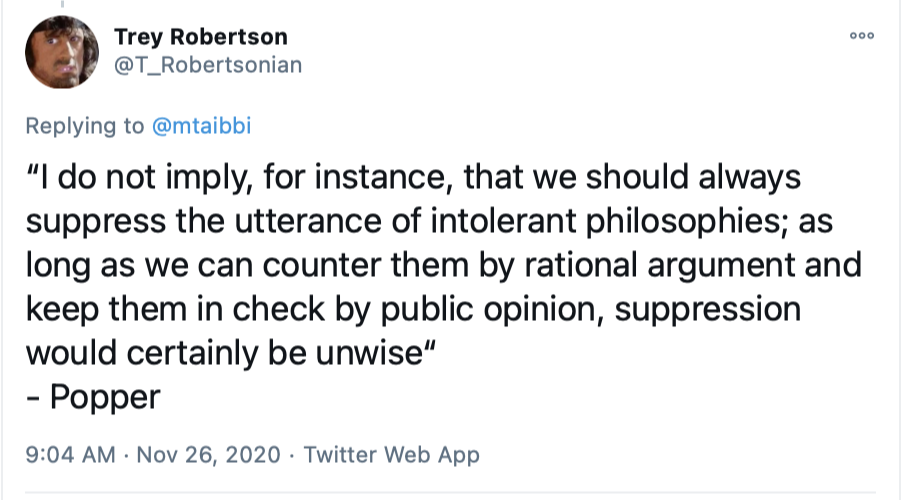British High Court Rules in Favor of Keira Bell: Restricts Use of Puberty Blockers and Cross-Sex Hormones
I applaud this recent decision by the British High Court, reported by The Guardian:
Children under the age of 16 considering gender reassignment are unlikely to be mature enough to give informed consent to be prescribed puberty-blocking drugs, the high court has ruled.
Even in cases involving teenagers under 18 doctors may need to consult the courts for authorisation for medical intervention, three senior judges have ruled in an action brought against the Tavistock and Portman NHS trust, which runs the UK’s main gender identity development service for children.
An NHS spokesperson welcomed the “clarity” the decision had brought, adding: “The Tavistock have immediately suspended new referrals for puberty blockers and cross-sex hormones for the under 16s, which in future will only be permitted where a court specifically authorises it. Dr Hilary Cass is conducting a wider review on the future of gender identity services.”
Now it's time to stop this mass child abuse on this side of the pond too, given that most girls move from "puberty blockers" to taking 10 to 40 times the natural female amount of testosterone, usually leading to infertility. How did it get to the point where the once-vocal anti-clitoridectomy crowd got so quiet when something comparable comes to our own communities? 12, 13, 14 and 15 year old girls have been allowed to make permanent "decisions" of this sort, without the need for any official medical diagnosis of gender dysphoria.
Instead of getting real diagnoses, they are cheer-led into drugs, hormones and surgery through social media, peer pressure and even Planned Parenthood (which supplies testosterone to many of these girls. All of this under the guise of "civil rights." The "decisions" of these girls to use "puberty blockers" are being made without the benefit of long-term studies as to dangers, physical and psychological. It's about time we got real adults into this conversation. There is a LOT of buyer's remorse out there, but it's being suppressed by left-leaning news media (you can find hundreds of cases on Reddit/detransition), It makes me wonder when the lawsuits will start flying over here. [More . . . ]





